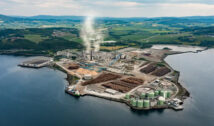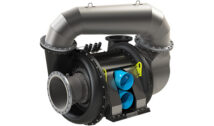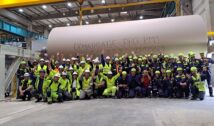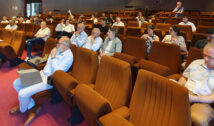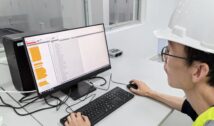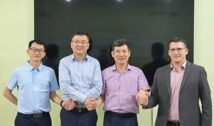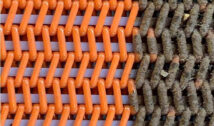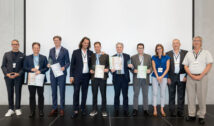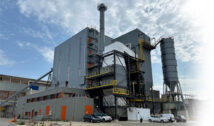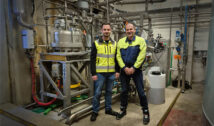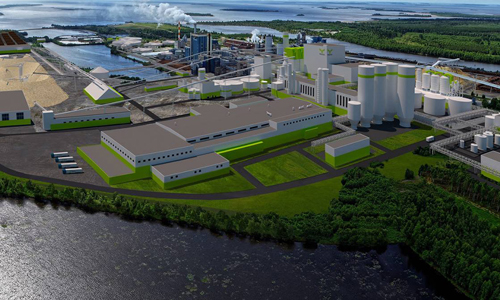
Metsä Fibre, part of Metsä Group, and Tornio-based lifting services company Havator have signed a preliminary agreement on the lifting work to be carried out during the construction of the Kemi bioproduct mill in Finland. In addition to lifting services for the construction phase, the overall agreement covers various special transport services. These include lifting planning and expert services for the construction of the bioproduct mill, which would take about two and a half years. The preconditions for making the decision on the EUR 1.5 billion investment in the Kemi bioproduct mill are expected to be in place in early 2021.
“We require our partners to be committed to the goals of the project in terms of safety, schedules and quality, and Havator meets these requirements. The company has been a trusted supplier at our Kemi mill site for a long time and has provided the lifting services for the construction of our bioproduct mill in Äänekoski, for example”, says Jari-Pekka Johansson, Director of the bioproduct mill project at Metsä Fibre.
Many cranes of various sizes, suitable for various lifting tasks would be used at the worksite, including mobile and crawler cranes. Precast elements and equipment components would be moved using self-propelled modular transporters (SPMT transporters), for example.
“As a local supplier of comprehensive lifting solutions, Havator is able to provide all lifting, transport and heavy moving at the mill site during the construction phase. Our operations are guided by safety, efficiency and a strong customer focus. For the customer, this means that the solutions are always carefully planned and safety is prioritised to achieve a result that is as efficient as possible in terms of both time and cost. Lifting planning plays an important role in this”, says Jukka Heininen, Havator’s regional manager in charge of the project.
“Havator has the longest and most extensive experience of projects of this size in Finland, and the benefits of experience are undisputed in overall solutions such as this one. We are able to mobilise equipment efficiently from our local depot in the north of Finland and, if necessary, from southern Finland and even Sweden”, notes Christoffer Landtman, Havator’s CEO.
The degree of the bioproduct mill project’s Finnish origin is expected to be high – in the Äänekoski bioproduct mill project it was 70%. During the potential construction phase, the Kemi bioproduct mill’s employment impact is estimated to be nearly 10,000 person-years, of which more than half would be carried out in Kemi. The total number of employees working during the construction phase is estimated to be about 15,000. If implemented, the investment would secure the existing 250 jobs at the current Kemi mill for decades to come. Through its direct value chain, the new bioproduct mill would employ around 2,500 people in Finland, which would be 1,500 people more than the employment effect of the current pulp mill in Kemi.
If implemented, the bioproduct mill would produce some 1.5 million tonnes of softwood and hardwood pulp per year, as well as many other bioproducts. The bioproduct mill would not use any fossil fuels at all, and its electricity self-sufficiency rate would be 250%. This would further strengthen Metsä Group’s position as a major electricity producer relying on renewable Finnish fuels.






